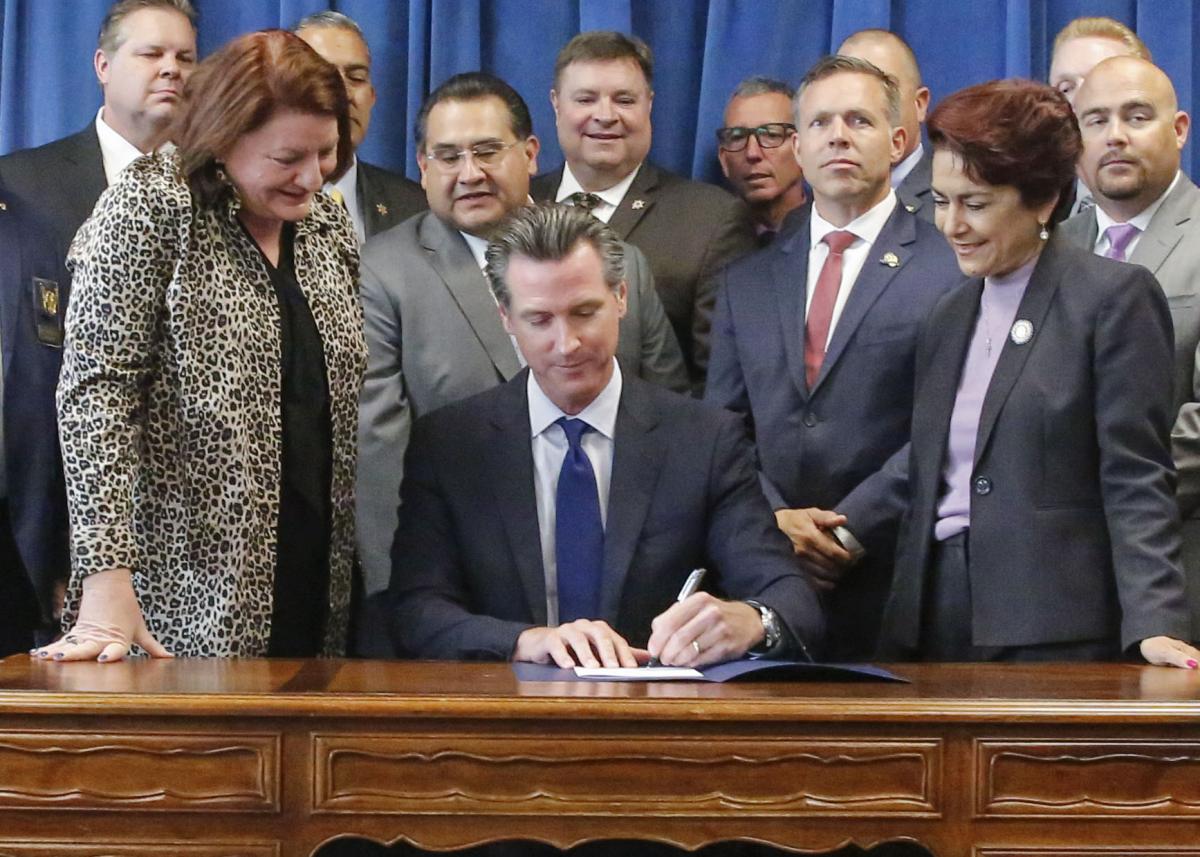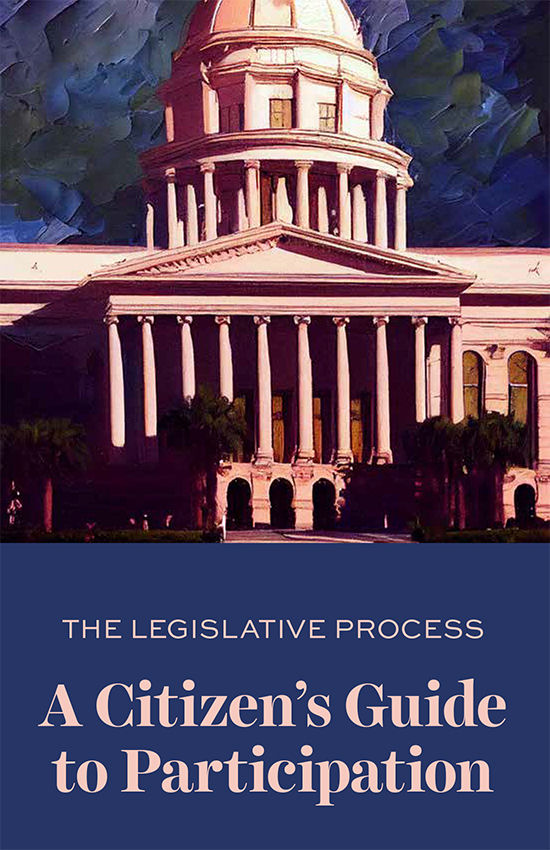

All legislation starts off as an idea. These ideas can come from anybody and the process begins when either an individual or group persuades a Member of the Legislature to author a bill. The Member then sends the idea and the language for the bill to the Legislative Counsel's Office, where it is drafted into the actual bill. The drafted bill is returned to the legislator for his or her review. Persons or groups that originated the idea for the bill may also review it to ensure that the provisions they desire are in the bill in the correct form. If the author is a Senator, the bill is introduced at the Senate Desk; if an Assemblymember, at the Assembly Desk, where it is assigned a number and read for the first time.
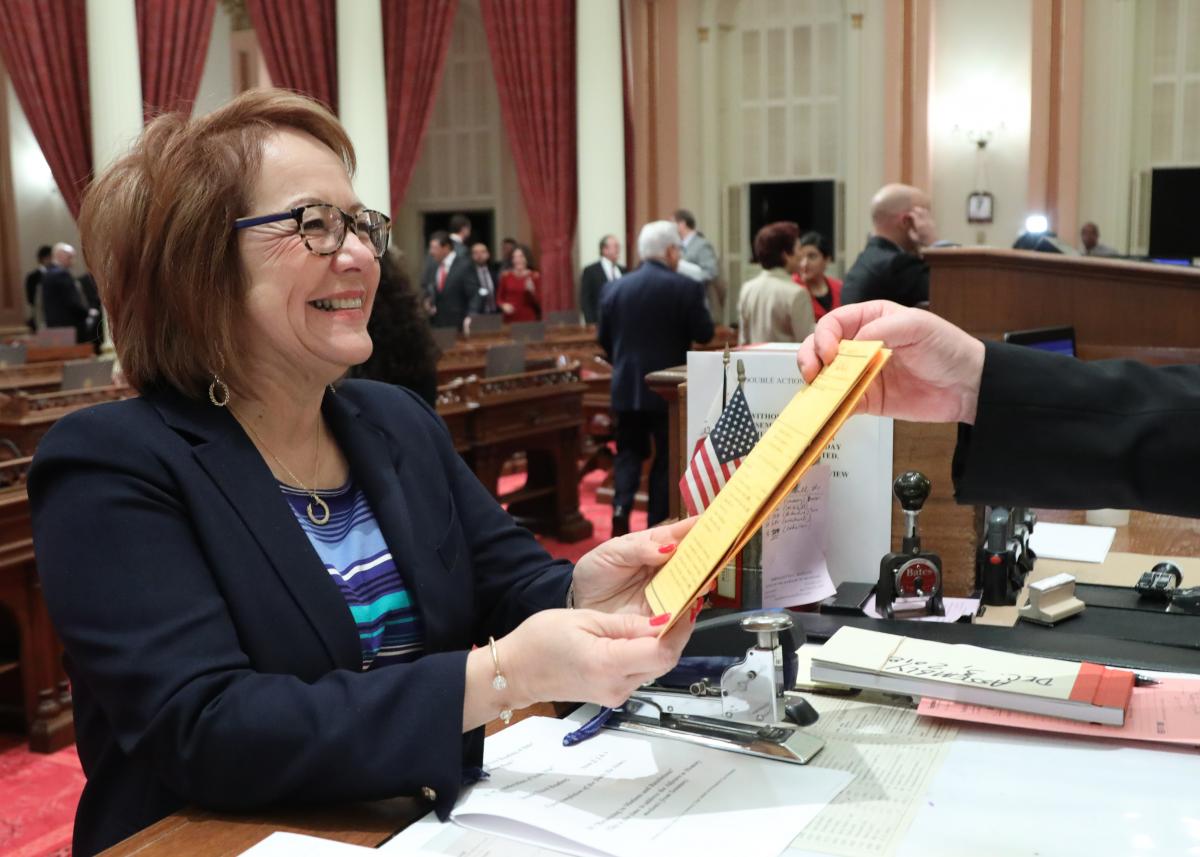
The bill then goes to the Senate or Assembly Rules Committee, where it is assigned to a policy committee. You can find out where your bill is assigned by calling the author. Since bills are not heard in policy committee until 30 days after they have been introduced and printed, there is plenty of time to investigate a bill or contact your legislator to communicate your position on the bill.
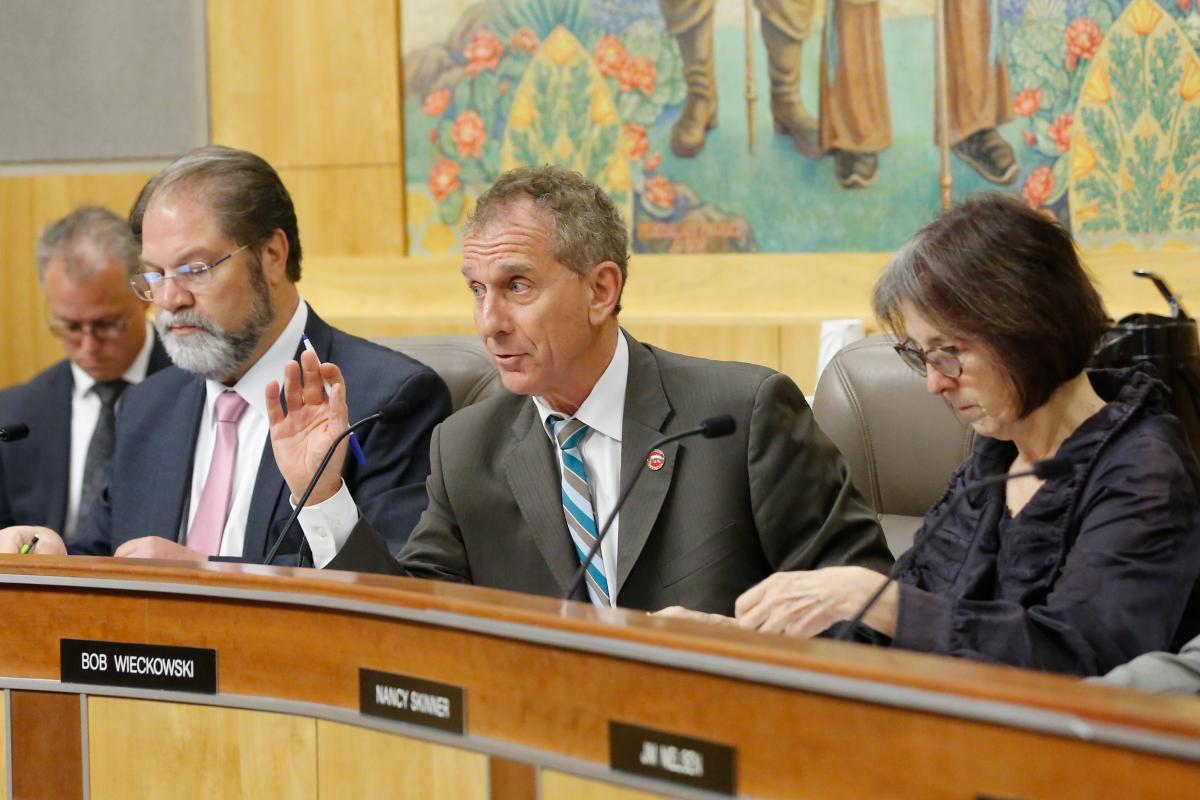
Daily File for four days prior to being heard in a committee. The Daily File is the agenda of the day's business, together with public notice of bills set for committee hearings. By checking the File, you can keep track of bills that are being scheduled for committee. If you live out of town and plan to testify at the hearing, it is a good idea to call the author or your legislator to make sure that the bill is going to be heard on that date. Sometimes bills are taken off the agenda at the last moment.
At this point, the role of the District Office should be emphasized. District Office staff are there to serve the needs of constituents. They can be extremely helpful in making contacts and getting information from Sacramento.
It is a good idea to schedule a meeting with your legislator while he or she is in the district. Communicate your concerns regarding legislation. Indicate that you want to work with the Member's office on a particular issue.

If the bill has a fiscal impact or a state cost, it will be heard in either the Senate or Assembly Appropriations Committee. At this point, you should inform the Members of the committee why you support or oppose the bill based on a fiscal argument. The finance committees are concerned about fiscal impact and not policy considerations.
Try to see the staff analysis that has been done on the bill by the policy committee, the Department of Finance, and/or the Legislative Analyst. Members of the fiscal committees read these analyses before they vote. These analyses are available on the Internet.
If you believe that the numbers or the fiscal impact of the bill are not correct as reported in these analyses, you should prepare your written comments before the committee meets. Your written material should be available to pass out to the committee Members at the hearing where you present your testimony.
After the bill passes the fiscal committee, it is read for the second time on the Floor.
Third Reading is the last stage that a bill goes through in the house of origin before it passes to the second house to go through the committee process all over again. On Third Reading, the author presents the bill for passage by the entire house. Most bills require a majority vote (it must pass by 21 votes in the Senate and 41 votes in the Assembly), while urgency measures and appropriation bills require a two-thirds vote (27 in the Senate, 54 in the Assembly).
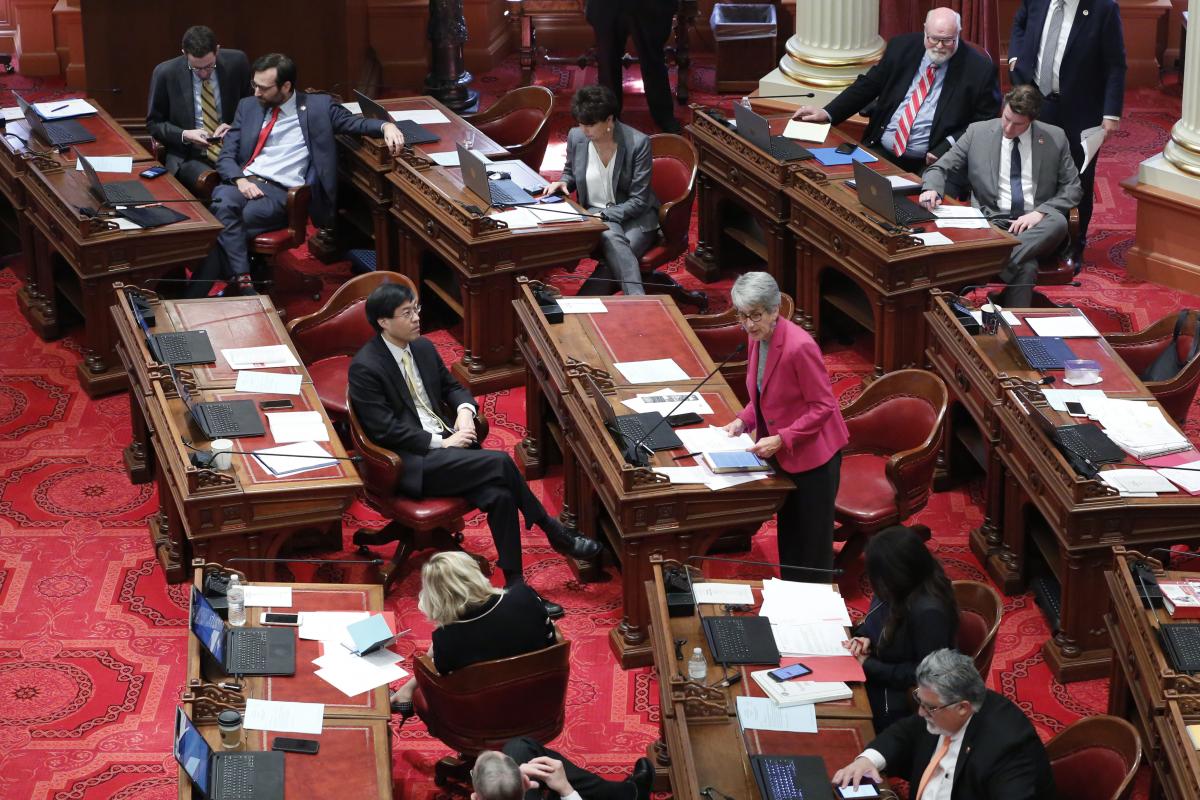
The Governor has 12 days to sign, approve without signing, or veto a bill. A letter or phone call to the Governor's Office is appropriate to state your position on the bill.
